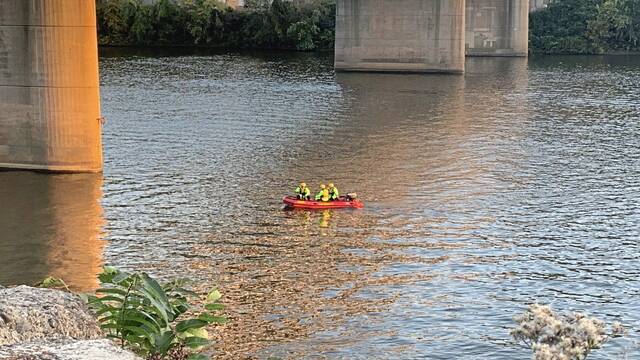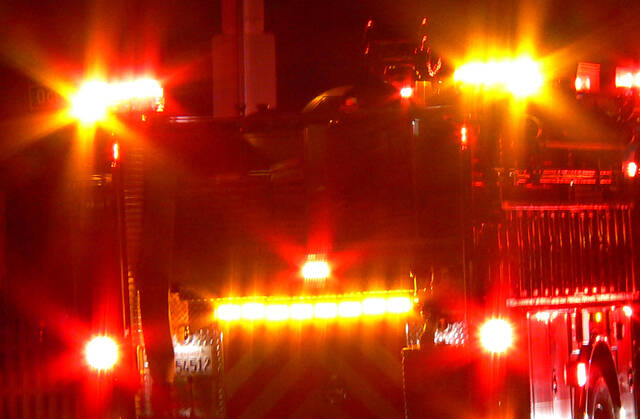A state law went into effect Monday that requires all boaters to wear a life jacket while on any watercraft that is 16 feet or shorter between Nov. 1 and April 30, the state Fish and Boat Commission announced.
A U.S. Coast Guard-approved life jacket must be worn while a boat, kayak, canoe or paddleboard is underway or at anchor along all Pennsylvania waterways.
“The interest in boating, especially paddling, in Pennsylvania, has continued to increase over the past several seasons, and people will stay busy on the water well into the fall months,” said Ryan Walt, manager of the commission’s watercraft safety division.
“Boaters should be aware that water temperatures begin to drop rapidly at this time of year, and even on sunny days when air temperatures are comfortable and warm, the water can be cold enough to put boaters at risk for sudden cold-water immersion. A life jacket can keep your head above water until help arrives.”
Nearly 80% of all boating fatalities occurred because boaters were not wearing life jackets, according to state boating accident reports.
Last month a Blawnox man died after his canoe capsized in the Allegheny River near Sharpsburg.
Authorities said the cold water temperatures would have given someone only a few minutes to take lifesaving measures. A second man survived by holding on to the canoe.
The law requiring life jackets to be worn during the fall and winter was approved by lawmakers in 2021.
Fish and Boat Commission officials say before the law was enacted, a disproportionate number of boating deaths occurred between November and April.
The number of boating deaths during cold weather months has dropped significantly since the law was created, according to the commission.
Sudden cold-water immersion, or cold-water shock, occurs when a person is unexpectedly plunged into cold water below 70 degrees.
The result is an involuntary gasp where water is often inhaled. This uncontrollable reaction causes panic, hyperventilation, inhalation of water and reduces a person’s ability to swim.
The following tips should be followed while boating in cold weather:
• Always wear a life jacket, even when not required. Many life jackets offer insulation from cold air while boating in addition to insulation from cold water if a person falls overboard.
• Never boat alone.
• Leave a float plan with family or friends so that someone knows where you are departing from and when you intend to arrive back ashore.
• Become familiar with the waters you plan to use in advance of a trip.
• Bring a fully charged cell phone stored in a waterproof bag or container.
• Wear clothing that continues to insulate when wet, such as fleece, polypropylene or other synthetics.
• If you are about to fall into cold water, cover your mouth and nose with your hands to reduce the likelihood of inhaling water.
• If possible, stay with the boat. Get back into or climb on top of the boat.
• Do not remove clothing while in cold water.
• Use the Heat Escape Lessening Posture or “HELP,“ when in cold water by bringing your knees to your chest and hugging them with your arms.
• Once out of the cold water, remove wet clothes and warm up as soon as possible.
• Seek medical attention if needed. Some effects of exposure to cold temperatures can be delayed.








